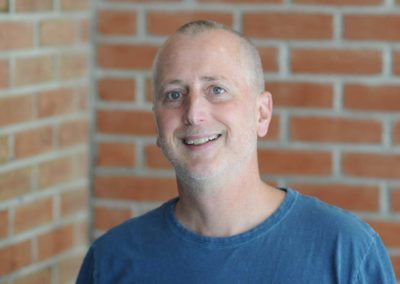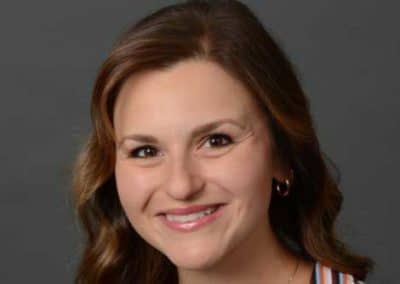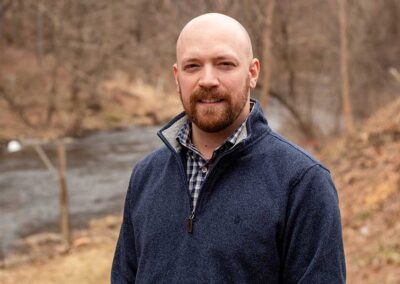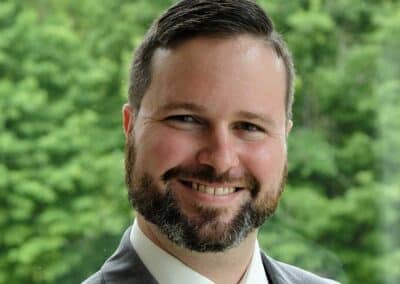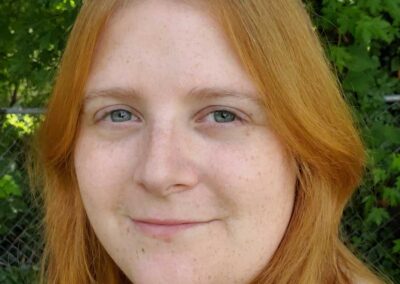Environmental Science, B.S.
Request InfoEnvironmental Science Degree
Learn about environmental protection and the sustainability of natural resources.
Why Study Environmental Science?
Connect one-on-one with faculty, fellow students, and other professionals through classroom instruction, hands-on learning, and internships:
- Evaluate and guide environmental actions using sound science.
- Learn to apply scientific concepts and develop valuable field and laboratory skills.
- Participate in fieldwork as a way to prepare for the real world challenges that face those entering the workforce in environmental science.
- Gain experience in the field by completing internships for local businesses and industries.
- Pursue careers in a variety of public service and private industry environments.
Receive personalized attention and top-notch instruction in a supportive environment:
- Our Stairs to Success developmental plan for success will guide you through your time at Keystone.
- 92% of students receive financial aid.
- Over 150 scholarships are awarded yearly.
Contact
Dr. Bob Cook
Program Director of Environmental Science
570-945-8520
NSM@keystone.edu
Program
Exceptional experiences.
Giant outcomes.
12:1
Keystone student-to-faculty ratio
8%
increase in jobs over the next 10 years
$73,230
Median annual salary for environmental careers
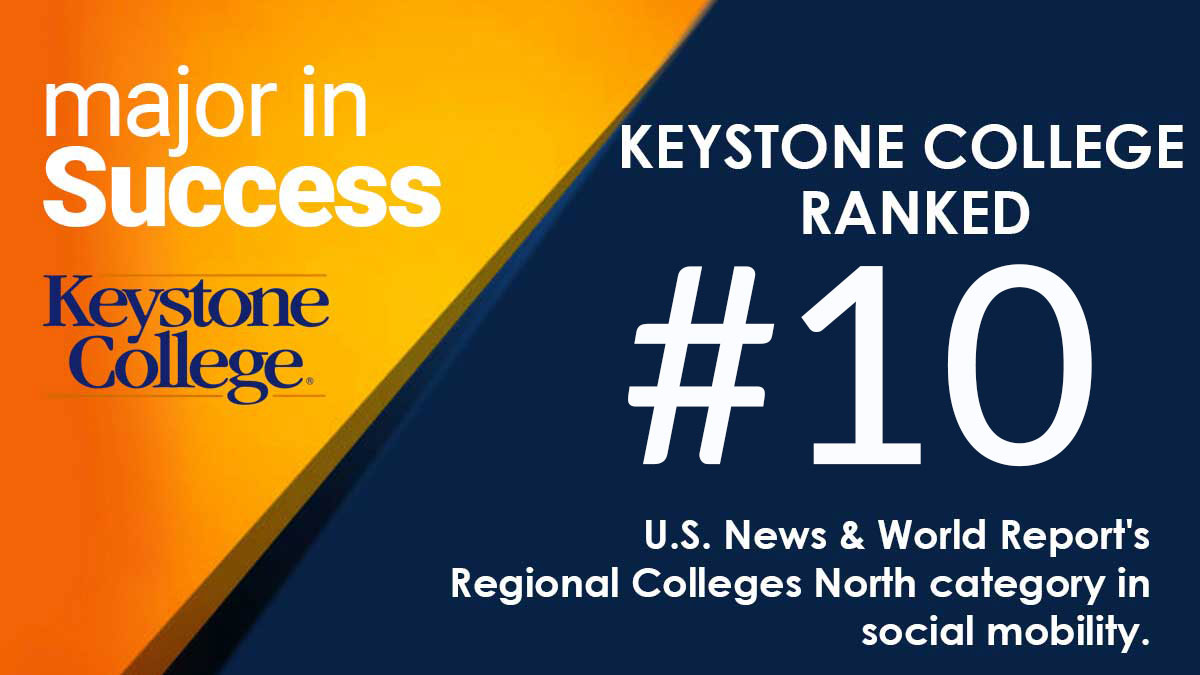
What can I do with an Environmental Science degree?
Graduates of the program will be prepared to work in many areas of environmental management for various industries, environmental consulting companies, and regulatory agencies.
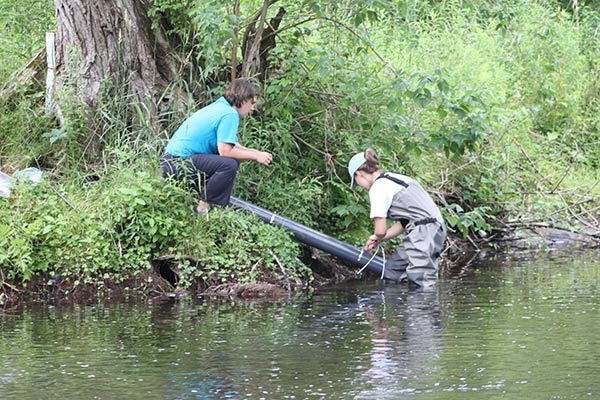
Career Options
- Geologist
- Environmental Scientist/Engineer
- Environmental Consultant
- Environmental Project Engineer
- Research Scientist
Employers
- PA American Water Company
- Ducks Unlimited
- Earthbox, Inc.
- Quantum Analytical & Environmental Laboratories

From internships and experiential learning opportunities to travel and conferences, you’ll have many opportunities to conduct real-world experiences, work with your peers and mentors in your chosen field, and learn first-hand the latest skills to succeed in the real world.
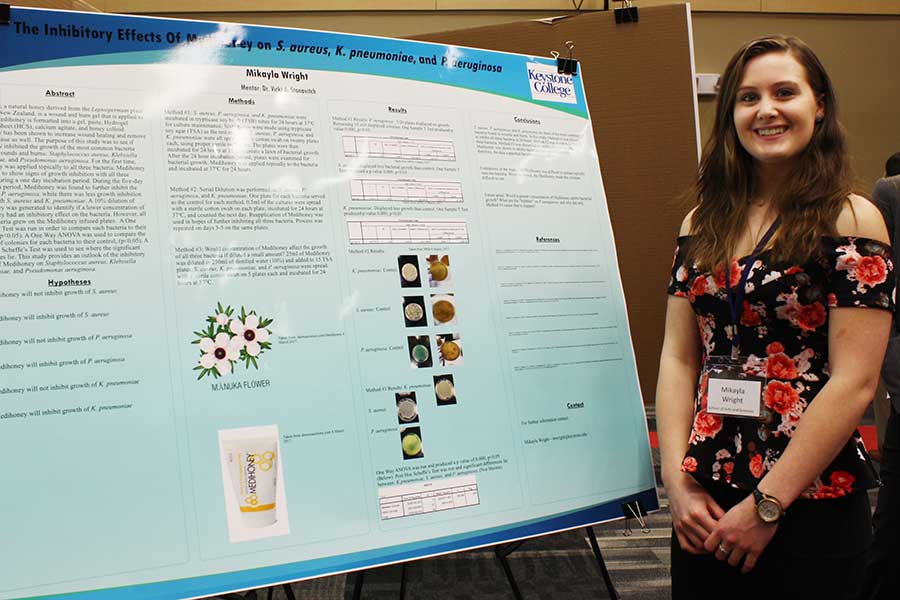
Research
Participate in a foundational experience focused in the environmental sciences through extensive classroom instruction, guided laboratory experiences, and independent research experiences.
Internships
Connect with professionals through hands-on learning and internships such as: Thomas Darling Preserve, PA Department of Conservation and Natural Resources (DCNR), and the Pennsylvania Game Commission.
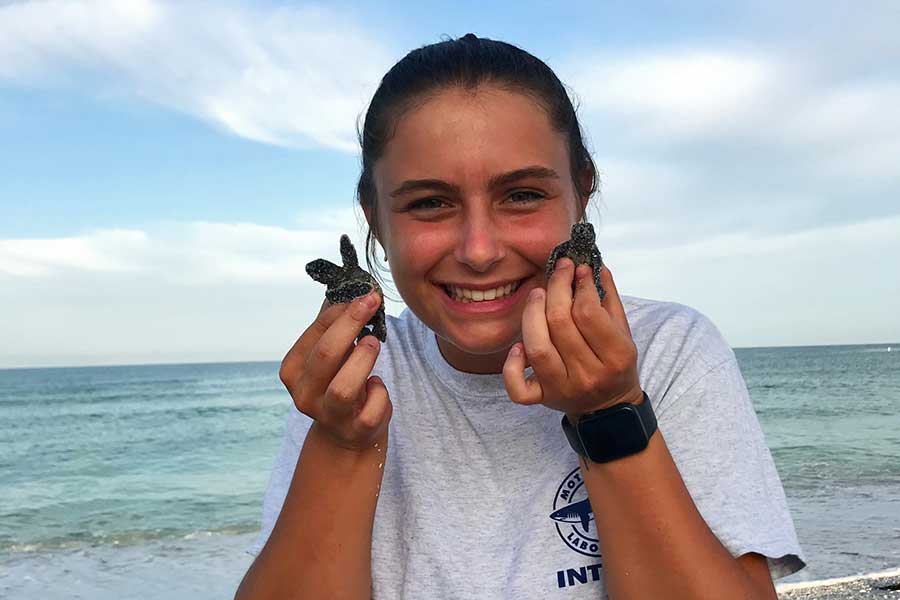
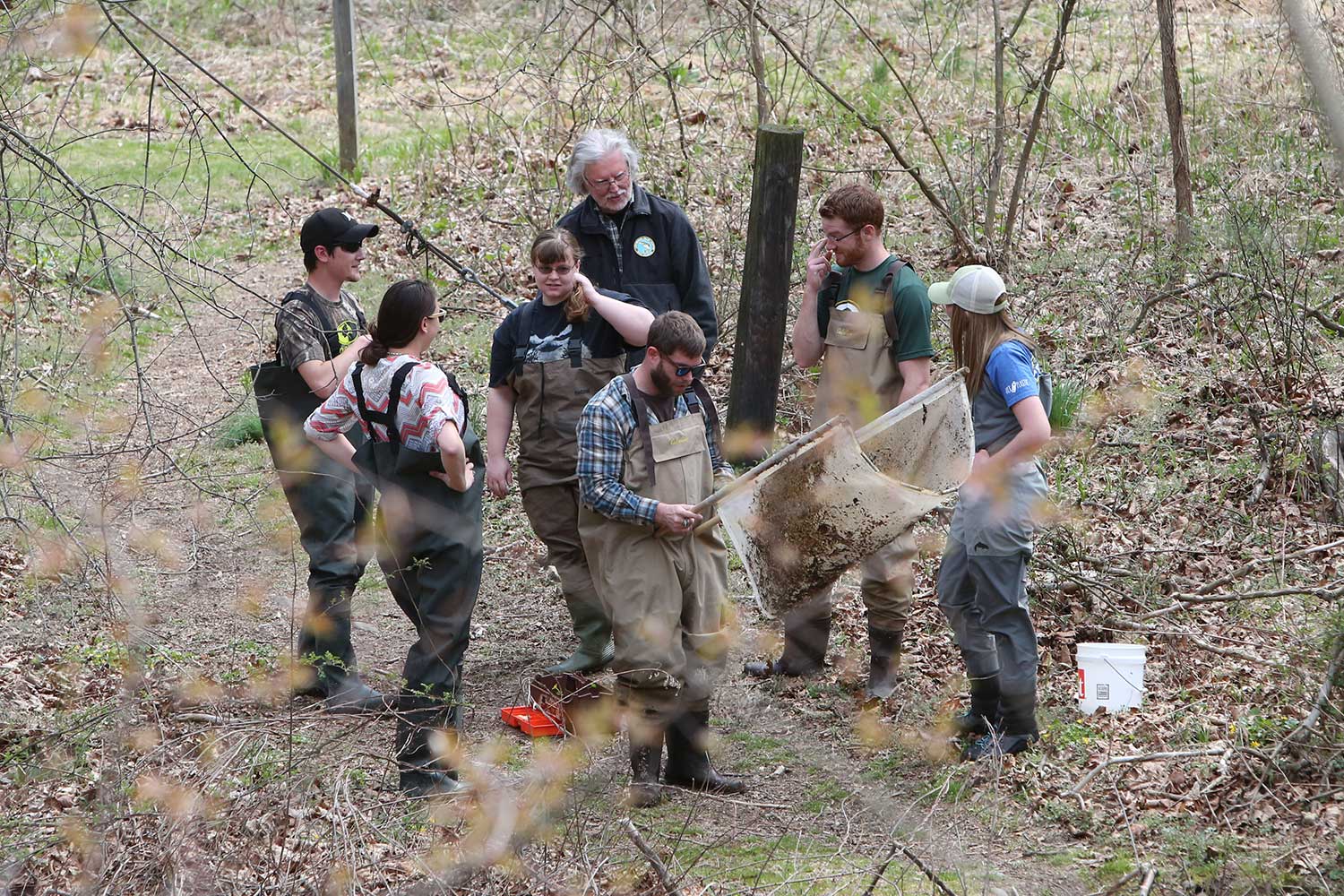
Program Goals
- Demonstrate competency in specific content knowledge.
- Apply the scientific method to address specific scientific problems.
- Demonstrate competency in laboratory skills, laboratory safety, and laboratory technology.
- Demonstrate competency in academic technology, including but not limited to writing technology, analysis technology, presentation technology, and bioinformatics technology.
- Evaluate and articulate the outcome of research and laboratory experiments.
- Apply mathematical formulas to analyze quantitative and/or qualitative scientific data.
- Design and implement an original research study; collect and analyze data; and draw conclusions based on data collected.
Featured Faculty
You Belong at Keystone
Become part of the Keystone family!


